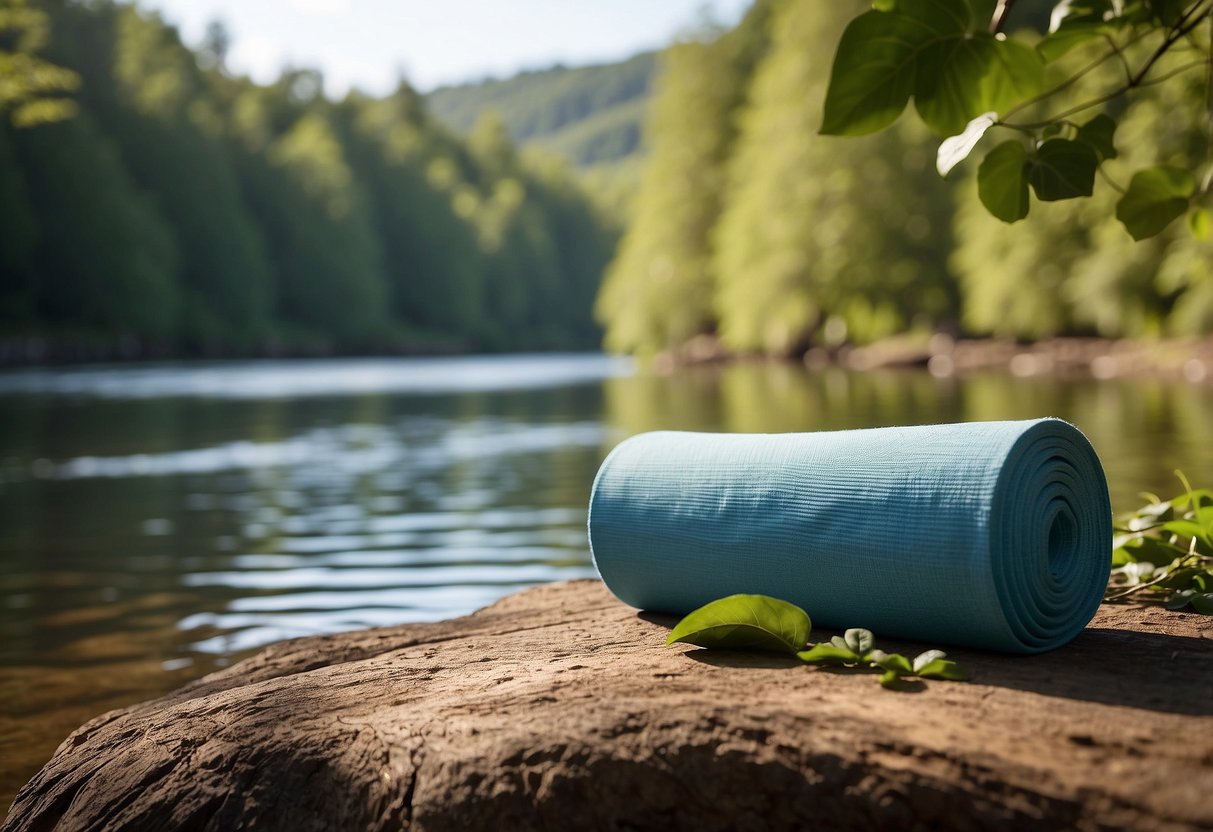
Sleep Hygiene
Sleep hygiene refers to habits and practices that promote consistent, uninterrupted sleep. Key strategies include maintaining a regular sleep schedule by going to bed and waking up at the same time every day. Creating a restful environment in the bedroom—dark, cool, and quiet—can improve sleep quality.
Limiting exposure to screens before bedtime helps reduce disruptions caused by blue light. Engaging in relaxing activities such as reading or taking a warm bath before bed can signal to the body that it’s time to wind down. Avoiding stimulants like caffeine and nicotine, especially in the evening, is also important for promoting better sleep.
Hydration and Health
Staying properly hydrated plays a critical role in maintaining overall well-being. This involves supporting bodily functions and adhering to specific water intake guidelines.
Benefits of Hydration
Adequate hydration is essential for various bodily functions. It helps regulate body temperature through sweating and respiration, facilitating optimal physical performance. Hydration aids in circulation by maintaining blood volume, ensuring that oxygen and nutrients are efficiently delivered to tissues and organs.
It also supports digestive health by preventing constipation and promoting regular bowel movements. Additionally, hydration is crucial for kidney function, as it helps filter and remove waste products from the body. Skin health is often improved when well-hydrated, as it maintains elasticity and a healthy appearance.
Daily Water Intake Recommendations
Daily water intake depends on several factors, including age, sex, weight, and level of physical activity. A general guideline recommends men to consume about 3.7 liters (125 ounces) and women about 2.7 liters (91 ounces) of total water per day.
Factors such as hot climates, physical exertion, and overall health conditions can increase water needs. It’s important to listen to your body and adjust accordingly. Both fluid intake from beverages and moisture content in foods like fruits and vegetables contribute to total hydration.
Monitoring urine color can serve as a practical indicator of hydration status; pale yellow generally indicates adequate hydration, while darker shades suggest a need for more fluids.
Detoxification Practices
Detoxification involves methods and diets aimed at removing toxins from the body. This can enhance overall well-being and energy levels.
Natural Detox Methods
Natural detox methods often include hydration, exercise, and the use of herbal teas. Drinking plenty of water helps the body flush out toxins through urine and sweat. Exercise increases circulation and promotes the body’s natural detox processes, such as sweating.
Herbal teas like dandelion, ginger, and green tea can support liver function and promote digestion. Adequate sleep is also essential, as it allows the body to repair and eliminate waste. Incorporating these habits into daily routines can make detoxification a consistent and gentle practice.
Cleansing Diets
Cleansing diets focus on consuming foods and drinks that aid in eliminating toxins. Some popular options include juice cleanses, where individuals consume freshly made fruit and vegetable juices for several days. These juices provide essential nutrients while giving the digestive system a break.
Another approach is the consumption of whole foods like fruits, vegetables, nuts, and seeds, which are high in fiber and antioxidants. Avoiding processed foods, sugar, and alcohol is crucial during a cleanse. Such diets can be short-term interventions designed to reset eating habits and promote the body’s natural detoxification.



